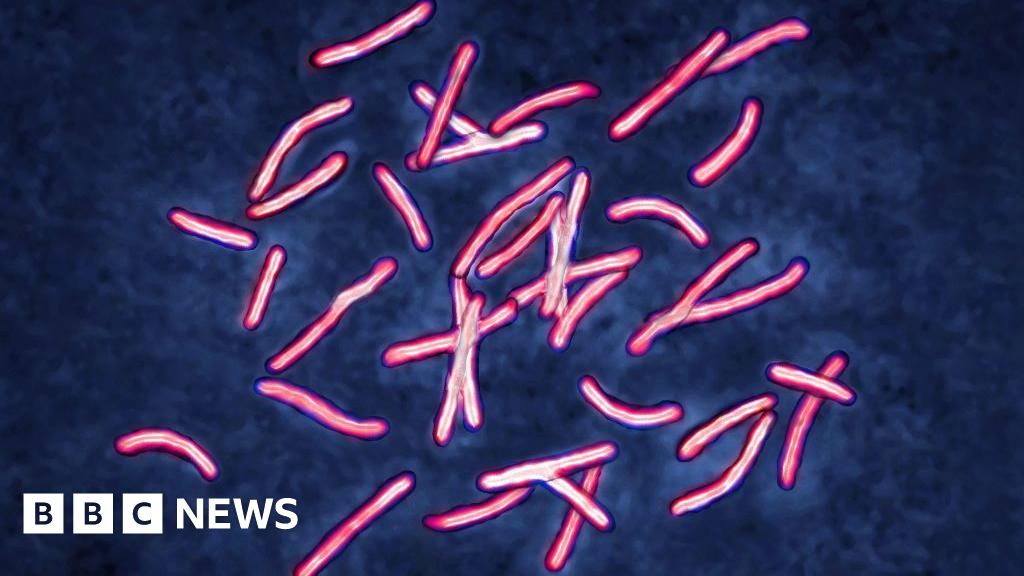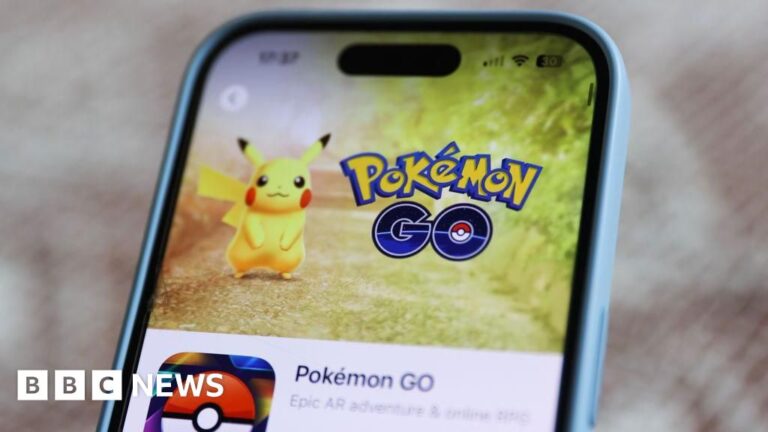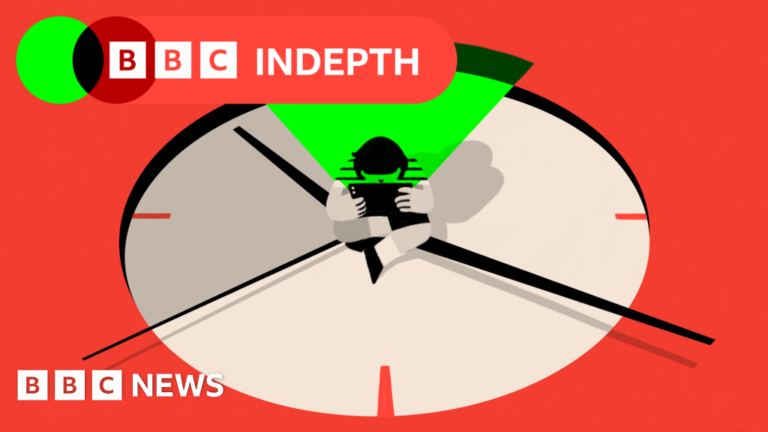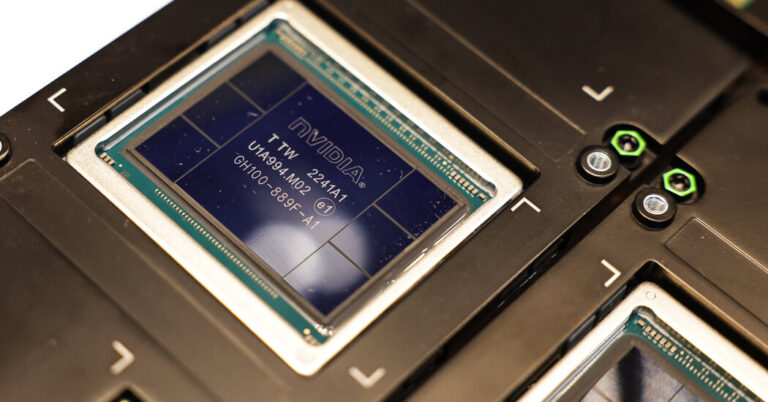A complex problem that took microbiologists a decade to get to the bottom of has been solved in just two days by a new artificial intelligence (AI) tool. Professor José R Penadés and his team at Imperial College London had spent years working out and proving why some superbugs are immune to antibiotics. He gave “co-scientist” – a tool made by Google – a short prompt asking it about the core problem he had been investigating and it reached the same conclusion in 48 hours. He told the BBC of his shock when he found what it had done, given his research was not published so could not have been found by the AI system in the public domain. I was shopping with somebody, I said, ‘please leave me alone for an hour, I need to digest this thing,’ he told the Today programme, on BBC Radio Four. I wrote an email to Google to say, ‘you have access to my computer, is that right?’ The tech giant confirmed it had not. The full decade spent by the scientists also includes the time it took to prove the research, which itself was multiple years. But they say, had they had the hypothesis at the start of the project, it would have saved years of work. The tool had in fact done more than successfully replicating his research. It’s not just that the top hypothesis they provide was the right one. It’s that they provide another four, and all of them made sense. And for one of them, we never thought about it, and we’re now working on that.
Source link




